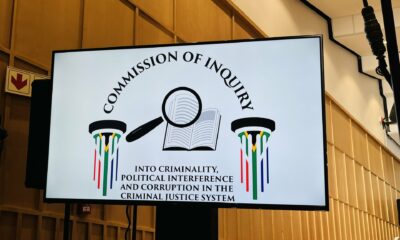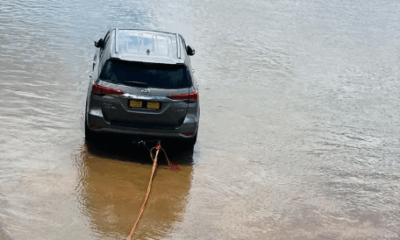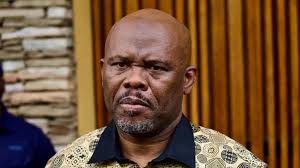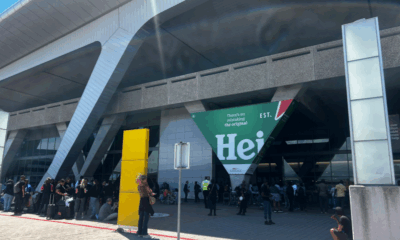News
New ISS Report Shows Only 22 Percent Of South Africans Still Trust The Police
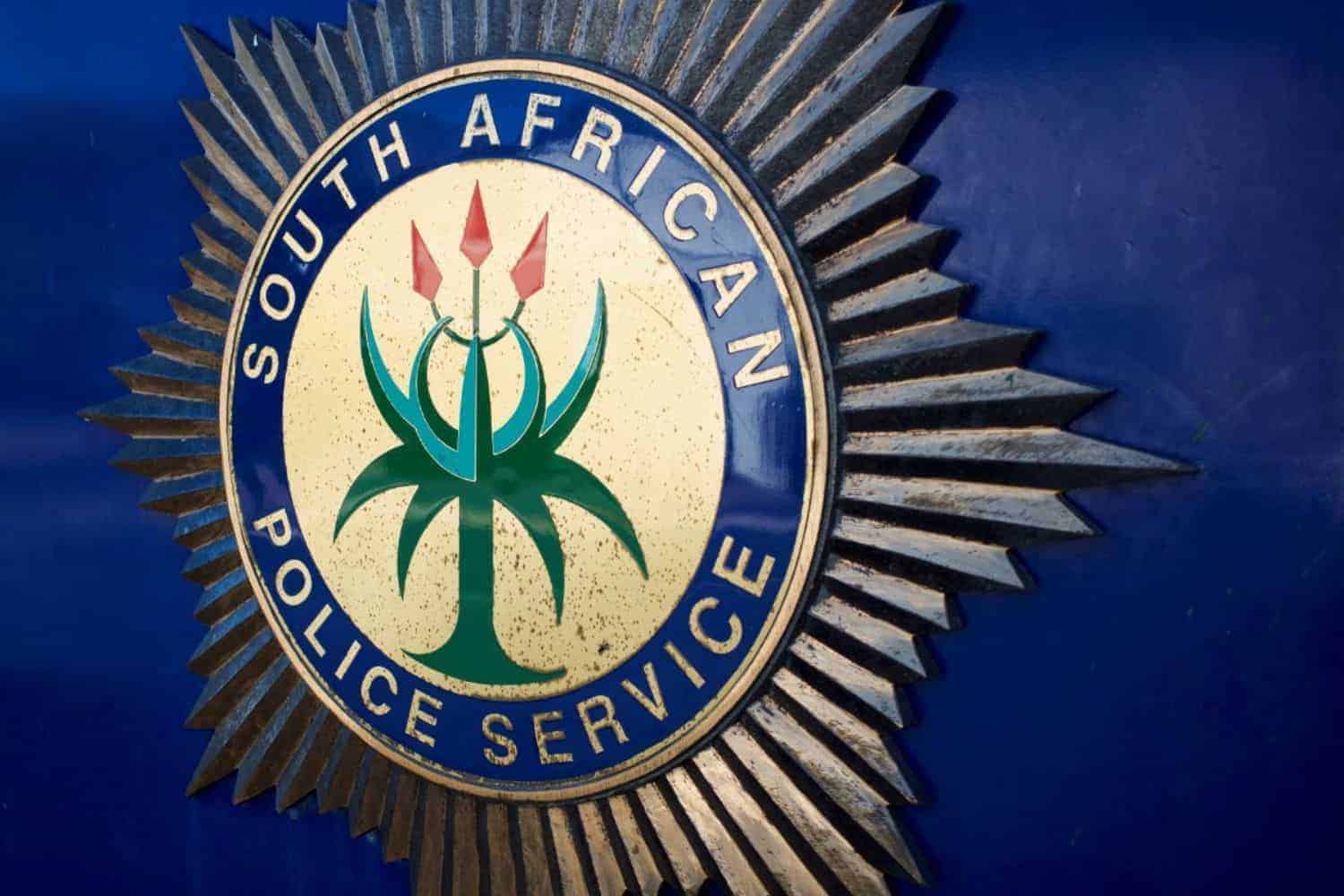
South Africans have long complained about police corruption, but a new study has laid bare just how deep the distrust has become. According to fresh research from the Institute for Security Studies (ISS), only 22 percent of the country believes in the integrity of the police. For many communities, especially those who rely on SAPS daily, the statistic does not come as a surprise. It feels like confirmation of anxieties that have been growing for years.
A Crisis Of Trust That Runs Deep
The ISS report, titled Tackling Police Corruption in South Africa, paints a troubling picture of a system weakened from the top down. Researcher David Bruce explains that the most damaging form of corruption is not the petty bribery drivers complain about at roadblocks, but the involvement of senior officials. When leadership is compromised, he argues, the entire organisational culture suffers.
South Africans on social media echoed this sentiment shortly after the findings were released. Many users shared stories of officers asking for “cold drink money”, while others questioned how everyday crime fighting can improve when trust has sunk this low.
Leadership Failures And Fear Inside The Ranks
Bruce notes that officers often hesitate to report wrongdoing because they fear retaliation. This fear erodes accountability and creates what he describes as “fragmented anti corruption efforts” that lack coordination or real impact.
The report lands at a time when the Madlanga Commission of Inquiry and a Parliamentary Ad Hoc Committee are hearing extensive evidence of corruption within SAPS. From procurement scandals to allegations affecting morale among rank and file members, these inquiries highlight just how systemic the problem has become.
Why The Current Disciplinary System Is Falling Short
One of the most unsettling findings in the ISS research is that SAPS’s internal disciplinary system is nowhere near strong enough to match the scale of the corruption. If senior members are implicated or believed to be involved, Bruce warns, the entire accountability chain collapses.
South Africans have seen this play out before. Cases drag on for years, whistleblowers feel unsafe, and corrupt officers often return to duty without consequence. Public frustration has only grown as communities continue to battle increasing levels of violent crime.
Strengthening Internal Oversight May Be The Real Solution
Rather than relying solely on external bodies such as the Independent Police Investigative Directorate (IPID), Bruce argues for strengthening SAPS’s own Anti Corruption Unit. For him, the key lies in giving the internal unit proper authority, resources, and backing from leadership who genuinely want to root out misconduct.
“It needs to be elevated and properly supported,” he explains. “If that happens, it is far more likely to deliver meaningful results.”
A Moment That Demands Political Will
This latest ISS report feels like a warning shot. South Africa has reached a point where public faith in the police is dangerously low, yet communities cannot afford to give up on law enforcement entirely. The solution now depends on political will, stronger internal systems, and leadership that leads by example.
For many residents, the hope is simple: a police service they can finally trust again.
{Source:EWN}
Follow Joburg ETC on Facebook, Twitter , TikTok and Instagram
For more News in Johannesburg, visit joburgetc.com

